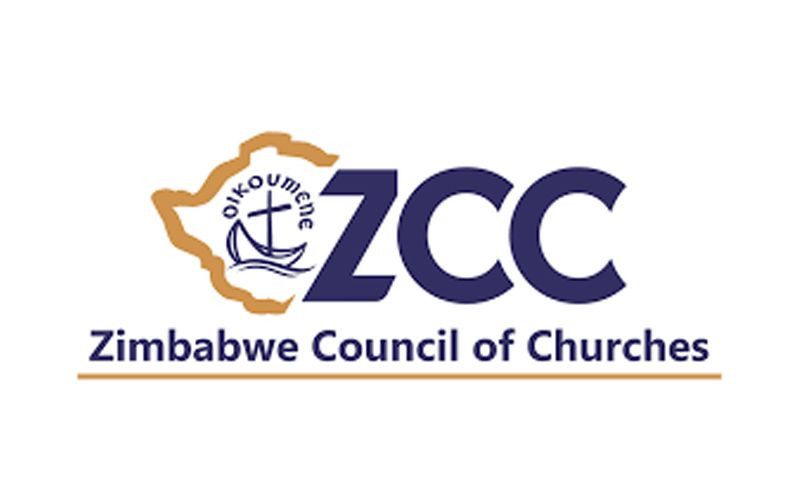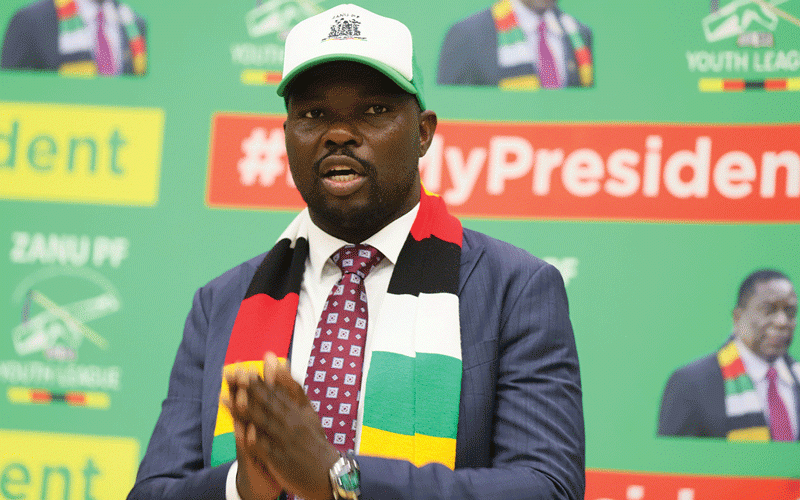
SEED CO Limited has taken a soya bean farmer to court to recover US$274 768 after it financed farming production before the farmer sold the product to another company.
Seed Co cited the contract farmer Christian Falkenberg as the respondent.
According to court papers, Falkenberg raised a special plea against Seed co’s claim for an amount of US$274 768 as damages for alleged breach of contract.
Sometime in November 2022, Seed Co and Falkenberg concluded a soya bean crop financing and production contract.
The principal terms were that Seed co supplies Falkenberg with foundation soya been seed of a type known as SC Spike variety.
In turn, Falkenberg was obliged to plant and manage 100 hectares of the seed. On maturity, he was mandated to deliver 250 metric tonnes (MT) of certified seed to Seed Co.
According to Seed Co Falkenberg, in breach of contract, diverted 132 MT of certified seed in a practice known as “side marketing”.
He only delivered 118 MT of certified soya been seed to Seed Co leading to the litigation.
- Seed Co muscled out of Pfumvudza
- The hits and misses of 2022 (I)
- Seed Co VFEX ambition back on track
- Cricket reaps benefits of fan engagement initiatives
Keep Reading
Falkenberg defended the suit and raised the special plea of arbitration. He argued that the matter be referred to arbitration since there is an existing dispute between the parties.
Seed Co, however, was of the view that there was no dispute between the parties saying the question of liability was clear that Falkenberg had not delivered in terms of the contract.
It said on that basis, there was nothing warranting referral to arbitration.
The applicant argued that the contract had two dispute resolution clauses which provided for institution of legal proceedings at the High Court in the event of breach and that the arbitration agreement which operated exclusive of clause 6.I will examine the arguments in greater depth.
Seed Co insists that it is clear Falkenberg breached clauses of the agreement and that these clauses prohibit, in the main, the diversion of the product under side-marketing.
However, Falkenberg took a contrary view and denied breaching the clauses of the agreement saying on that basis, it disputed Seed Co’s right to institute proceedings in terms of the clause.
Falkenberg argued that any dispute, including the alleged issue of side-marketing, ought to be resolved via arbitration.
“Ownership of all germplasm material remains the sole property of Seed co. The producer shall return any foundation seed not planted to Seed Co in good order on or before 15 January 2023. No side-marketing or sale to a third party of the harvest either as seed or commodity shall be allowed.
"In the event that any such abuse by the grower has taken place, Seed Co reserves the right to demand the full retail seed value from the grower. Or Seed Co may seek recourse from a court of law in Zimbabwe. Any rejected crop or seed shall remain the sole property of Seed Co and its disposal shall be at the discretion of Seed Co," clauses 6 and 8 read.
Clause 11 on dispute resolution states: “The parties agree that any dispute or conflict arising from the terms of this agreement shall be determined by a single arbitrator sitting at Harare who is chosen for this purpose either through the mutual agreement of the parties or failing which, the arbitrator is nominated by the Commercial Arbitration Centre at any other similar publicly recognised Alternative Dispute Resolution facility or organisation."
However High Court judge Justice Joseph Chilimbe who heard the matter said the dispute resolution was provided for under two separate provisions and both parties were alive to the distinction.
"Seed Co appropriated to itself, the right and option to institute proceedings in a court of law in the event of a side-marketing breach.
"The co-existence of these two clauses in the same agreement generated a number of conclusions," Justice Chilimbe said.
The judge said that meant the parties were agreed that arbitration would neither be the first nor only dispute resolution facility.
The judge said if the parties had a valid arbitral agreement capable of being implemented, the court would, according to Article 8 of the clause, stay the proceedings and refer the matter to arbitration, adding that inquiry is a journey into contractual interpretation.
The judge said once it was established that the dispute fell within the ambit of the arbitration clause, the onus to show why court proceedings should not be stayed fell on the party challenging the reference to arbitration.
ln determining the issue Justice Chilimbe ruled that clause 11 of the agreement is undoubtedly an arbitration agreement.
"I am not convinced that the presence of clause 6 in the agreement contaminates the arbitration clause so drastically as to render it supine in terms of Article 8 (1).
"For purposes of giving effect to the parties` wishes as set out in the contractual clauses, I see no difficulty in granting recognition and priority to clause 11 as the arbitrary agreement. As such, the special plea must succeed other than its unsustainable accompanying prayer for punitive costs," the judge said while referring the matter to arbitration.











